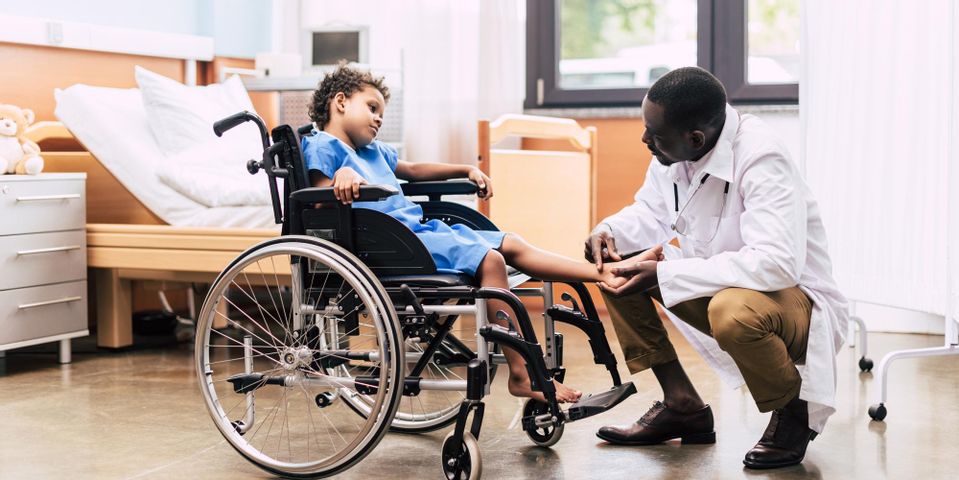What Is Spina Bifida & How Can a Caregiver Help?

Whether you’re expecting your first or fourth child, preparing for their birth is an exhilarating experience, but it can also be stressful. Although most children are born without congenital defects, problems such as spina bifida are not uncommon. Here’s what you need to know about spina bifida and how a caregiver can help treat it.
What Is Spina Bifida?
Spina bifida is a congenital condition that develops when a baby’s spinal cord doesn’t completely close while it’s growing in the womb. It affects about 1,500 babies born every year in the United States. As a neural defect, it can cause physical and intellectual challenges and disabilities.
What Are the Types?
 There are four primary types of spina bifida. Occult spinal dysraphism is typically minor and involves the tissue below the skin, although there may be some indications on the surface, such as red marks or a dimple in the lower back. Spina bifida occulta involves no visible signs on the back, but there’s a small gap in a few of the vertebrae; it generally doesn’t produce any serious symptoms. Meningocele develops when the meninges protrude through the opening of the spine in a sac containing cerebrospinal fluid; minor disabilities might result, although nerve damage is uncommon. With myelodysplastic syndrome (MDS), the meninges and nerves protrude through the opening in the spine, often resulting in nerve damage and disabilities; a majority of babies born with MDS also have excess fluid in the brain, resulting in challenges with mobility, motor control, and learning.
There are four primary types of spina bifida. Occult spinal dysraphism is typically minor and involves the tissue below the skin, although there may be some indications on the surface, such as red marks or a dimple in the lower back. Spina bifida occulta involves no visible signs on the back, but there’s a small gap in a few of the vertebrae; it generally doesn’t produce any serious symptoms. Meningocele develops when the meninges protrude through the opening of the spine in a sac containing cerebrospinal fluid; minor disabilities might result, although nerve damage is uncommon. With myelodysplastic syndrome (MDS), the meninges and nerves protrude through the opening in the spine, often resulting in nerve damage and disabilities; a majority of babies born with MDS also have excess fluid in the brain, resulting in challenges with mobility, motor control, and learning.
How Is It Treated?
Many babies born with spina bifida grow up and lead healthy, active lives. Depending on the type and severity of the condition, children might require surgery to correct issues, such as excess fluid and misplaced nerves. This is generally done in the first few days of a child’s life. Long-term care may be needed as well, particularly if a child has severe mobility or motor control challenges. Although there is no cure for spina bifida, there are many resources available, including physical therapy and in-home health care. A home health aide can help a person live semi-independently by assisting with a range of tasks, from self-care to meal preparation. Caregivers are a valuable resource for children and adults who live with the condition.
If you’re a resident in Berkeley, St. Charles, or St. Louis, MO, turn to Deer Valley Home Health Services for compassionate, trustworthy caregiver services. For over a decade, this home health agency has provided unparalleled care to individuals and families, assisting with a range of challenges from spina bifida to dementia. Call (314) 355-3679 to speak with a friendly staff member, or visit their website to learn more about their services.
About the Business
(2 reviews)
Have a question? Ask the experts!
Send your question

